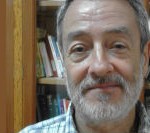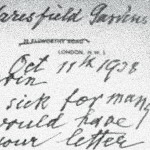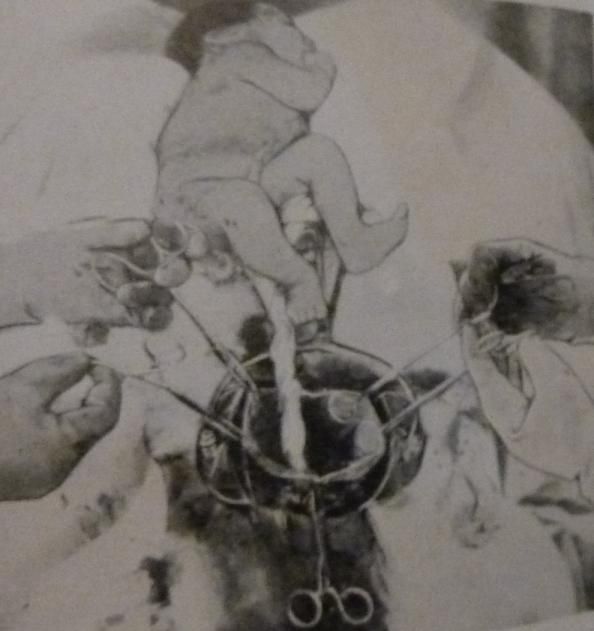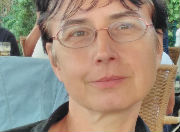Feb 2023

William Alanson White (1870-1937). Source: diretoriopsicologos.com
William Alanson White was an American psychiatrist who became superintendent of the “Government Hospital for the Insane”, later named St. Elizabeths Hospital, in Washington, D.C. He was known for humanizing the treatment of the mentally ill.
William Alanson White’s (1870-1937) influential position as superintendent of St. Elizabeths, the largest hospital in the United States between 1903 and 1937, had a significant impact on the practice of psychiatry and the solidification of the technique and language of the psychoanalytic method in the asylum setting.
The article The rise of psychoanalysis in US hospitals: William Alanson White at St. Elizabeths, 1903-1937, explores the work of White, who considered the new science of psychoanalysis important for healing both the individual as well as society.
The author Suzanne Nortier Hollman, Honorary senior research fellow at University College London and Assistant clinical professor at George Washington University explores White’s original work and maintains that his understanding of transference, the unconscious, symbolism, language, and defense mechanisms were rooted in both traditional intrapsychic and his orientation toward social psychiatry.
In line with Progressive Era ideals, White helped shape the evolution of psychoanalytic principles and informed the treatment of patients undergoing psychoanalysis at St. Elizabeths Hospital.
How to cite this article:
Hollman SN. The rise of psychoanalysis in US hospitals: William Alanson White at St. Elizabeths, 1903-1937. Hist cienc saude-Manguinhos [Internet]. 2022;29(Hist. cienc. saude-Manguinhos, 2022 29 suppl 1). Available from: https://doi.org/10.1590/S0104-59702022000500005
This article is part of the special issue Transcultural histories of psychotherapies: new narratives (HCS-Manguinhos 29 suppl 1, 2022), coordinated by professors Sonu Shamdasani (Health Humanities Centre/University College London) and Cristiana Facchinetti (postgraduate Program in History of Sciences and Health/Casa de Oswaldo Cruz/Fiocruz).
Related articles in HCS-Manguinhos:
The medical-scientific project of Nise da Silveira When electroshock and insulin therapies were still the norm, she was a singular voice advocating for a kinder approach to mental health.
Historias de la salud mental Una selección de artículos sobre diferentes temas de la salud mental siempre en una perspectiva histórica.
El control de la correspondencia de los enfermos mentales en España, 1852-1987 Las cartas en los hospitales psiquiátricos españoles entre 1852-1987 eran leídas por médicos y administradores. Un artículo reciente explora los reglamentos que avalaban esta práctica
Psychoanalysis during the Brazilian military dictatorship The paper concludes that psychoanalysis over this period was dominated by the discourse of neutrality.
Psychoanalysis and childhood in the work of Clarice Lispector, 1952-1973 Alejandra Josiowicz, researcher at the Interdisciplinary Institute for Gender Studies (IIEGE-CONICET) and postdoctoral fellow at CPDOC- FGV, examines the understanding of childhood in the columns and texts published in broadly circulating Brazilian magazines and newspapers.
Psychoanalysis and the sociology of consumption in 1960s Italy The article argues that one of the areas where psychoanalytic theory disseminated was the world of marketing and the sociology of consumption.
Psychoanalysis in Eastern Europe: repression and rebirth The paper traces the history of psychoanalysis in Hungary and in former Czechoslovakia and Yugoslavia, exploring the consequences of communist regimes and the impact of Jewish immigration in the 1930s.
Psychoanalysis and neurosciences The paper reflects on how new ideas about the brain can foster closer ties between psychoanalysis and the neurosciences.
Psy cultures: psychoanalysis, subjectivity and politics Mariano Plotkin (Conicet, Universidad Tres de Febrero) and Jane Russo (Instituto de Medicina Social UERJ) are the guest editor`s of the new suplement of HCS-Manguinhos.
What if the patient says “no” This article tries to show how the consequences of refusing an interpretation can be very different within Freudian, Jungian, and other psychotherapeutic models.
Transcultural histories of psychotherapies: new narratives Medical doctors from several schools started to use the term “psychotherapies” to define therapies that sought moral treatment, cure of automatism, persuading or producing catharsis, affecting body, mind and unconscious.
Japanese imperial psychiatry in Tokyo, 1920 -1945 Akihto Suzuki, medical history professor at Death and Life Studies Centre at the University of Tokyo, follows two Korean immigrants in a psychiatric hospital in Tokyo, in the first half of the 20th century, and examines their complex hospital stay.













